
Duodenal Ulcer - Overview
A duodenal ulcer is also known as peptic ulcer. Its occurrence is associated with many factors. Initially, scientists believed that duodenal ulcers are connected to certain lifestyle factors such as excessive and chronic exposure to stress and improper dietary habits. Today we know for sure that hydrochloric acid and pepsin, two substances produced by the stomach, are major contributors to the occurrence of duodenal ulcers. Furthermore, infection caused by Helicobacter pylori is identified in approximately 90% of all people suffering from duodenal ulcer. This drives to conclusion that this particular bacterium has something to do with duodenal ulcers.
Even though there are patient's who are suffering from asymptomatic form of the disease in rest of the patients duodenal ulcer usually causes specific symptoms such as a gnawing or burning pain in the upper abdomen, to be more precise in the area between the navel and the breastbone. Patients may additionally complain about belching, occasional nausea, poor appetite and loss of weight.
It is estimated that 1 out of 10 Americans will develop an ulcer during their lifetime. This condition is not so common for children and apart from that it may affect people of any age. Duodenal ulcers affect both genders, predominantly men. The disease can be successfully treated and these way even potential complications can be successfully prevented.
Clinical Manifestation and Symptoms of Duodenal Ulcers
Duodenal ulcers may cause no symptoms at all. On the other hand, they can be associated with a slight abdominal discomfort which usually withdraws after one eats. And finally, in some cases duodenal ulcers lead to very intensive pain. The pain is also a characteristic of potential complications such as bleeding or perforation. The pain caused by duodenal ulcer is usually located below the breast bone. Apart from pain patients commonly complain about heartburn, belching, indigestion, occasional nausea and vomiting, loss of appetite and subsequent loss of weight. If one vomits blood or tar-like stomach contents this may indicate bleeding.
Treatment and Prevention of Duodenal Ulcers
Patients suffering from duodenal ulcers must change their lifestyles and reduce damaging effects of stomach acid. The infection caused by Helicobacter pylori is treated with antibiotics. Proper diet together with medications which are able to reduce production and harmful effects of stomach acid is essential and may accelerate healing of the ulcer. Surgery is only performed in case of ulcer perforation.
Prevention of duodenal ulcers is achieved by well balanced diet, quitting smoking and drinking alcohol and adequate coping with stress. People who need to take certain medications that may cause duodenal ulcers are supposed to be prescribed proper protective agents able to prevent the occurrence of duodenal ulcers.



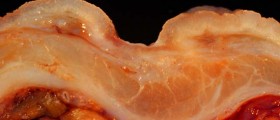


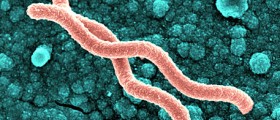
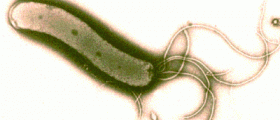
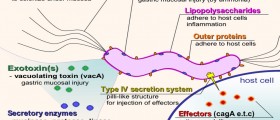
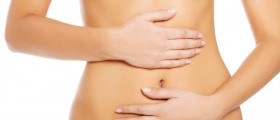
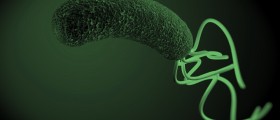






Your thoughts on this
Loading...